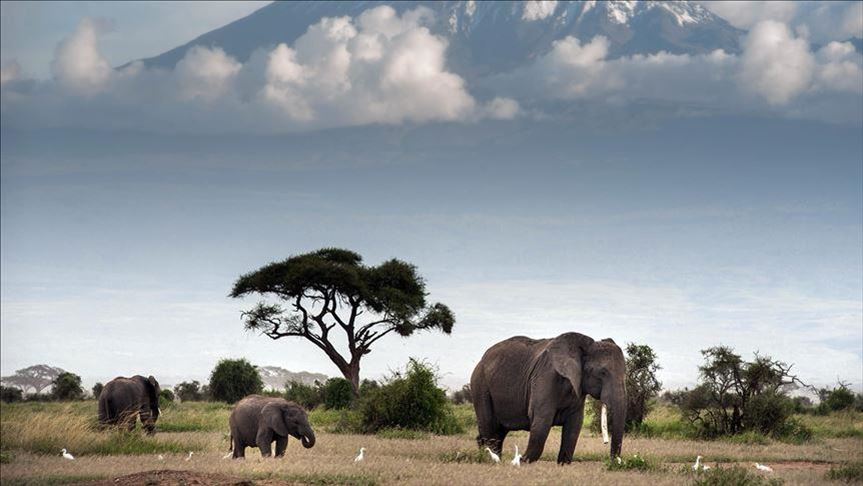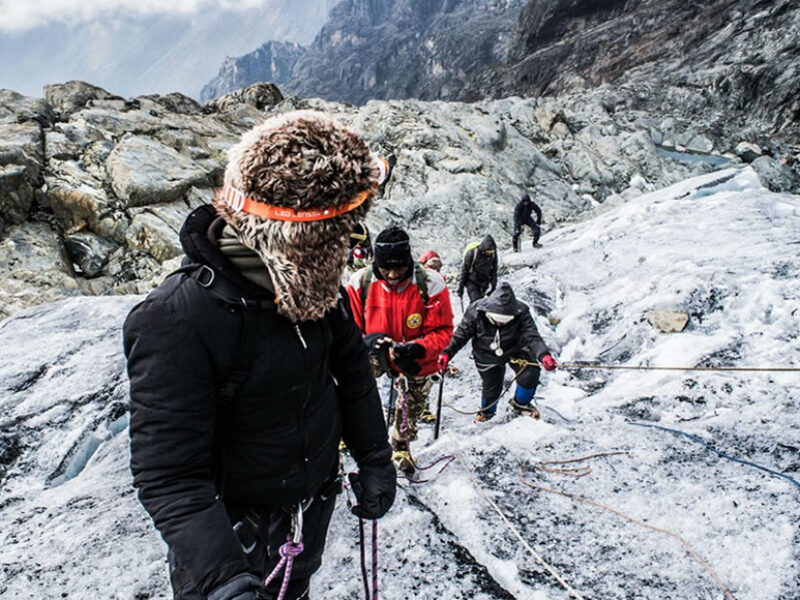
Domestic Tourism in Rwanda
It was on Friday the 3rd of May that I drove South East of Kigali to Nyungwe Forest National Park specifically to Nyungwe Forest Lodge for the weekend. I learnt that Nyungwe covers over 1000 square kilometres and is home to over 290 bird species. It’s also true that Nyungwe “is the largest Afro-montane forest in East and Central Africa and one of the most ancient dating back to before the ice age”, rich in biodiversity with “over 250 different types of trees and shrubs” in addition to rare primates like the chimpanzee, Angola Colubus, and the Blue monkey.
I was fortunate enough to meet a colleague who works with a wildlife conservation project. This knowledgeable gentleman shared with me some literature and history about Nyungwe. Everything was so fascinating that I started wondering why I have never considered visiting any park.
It’s from that moment that I realized that the only possible reason most of us don’t spend our disposable incomes on visiting local tourist attractions and sites is absolute ignorance. We seem not to know what is on offer and to some extent, the Rwanda Tourist Agency has not done enough to promote domestic tourism as it has for the ‘high end ‘ tourists from abroad who can afford to pay 200 -300 US$ at the various hotels and lodges.
In my opinion, domestic tourism is very vital for the tourism industry. It’s always easier for some countries which promote both local and international tourism especially during periods of low international arrivals. Most countries go as far as reducing hotel and tour rates during such periods and therefore attract local groups and families who enjoy the beauties of their own countries at very affordable costs. This way, their industries remain operational and residents do not only enjoy but also become knowledgeable about the tourism sectors of their nations.
In the case of Rwanda, I acknowledge the relentless efforts of many who believe in this ideology. We are not yet there but there are signs that we shall one day achieve our target. However, as we collectively plan to promote domestic tourism, I recommend that we put our emphasis on the youth and encourage tourism operators to construct student centres in national parks and other tourist destinations.
At Queen Elizabeth National Park in western Uganda, you often find busloads of school and college students on tour. They don’t stay in Mweya Lodge with other tourists but in hostels with double-decker beds nearby, at a low cost. Similar facilities are enjoyed by Kenyans in Tsavo National Park and many other European countries where student centres have accommodation where the beds are triple dickers.
This is one of the many ways of making tourism affordable to locals. What the operators possibly lose in cost per unit, they gain in numbers and at the same time promote the industry as the students are future clients of the industry. It is important to note that these centres can be used by other groups who may wish to cost-cut on accommodation and food. Another notable feature of domestic tourism is campsite facilities where groups can pitch a tent and prepare meals for themselves at a reasonable cost while enjoying the full benefits of their tour.
I call upon all stakeholders to participate in this cause by organizing forums to educate the general public about the benefits of tourism and eradicate the misconception that it is for only the rich and more so for foreigners.
I commend the tremendous work done by Rwanda Development Board and other players who intend to make this a reality in Rwanda. The Tourism Agency has `set the agenda in relation to preferential treatment of locals through park entry fees. For example, Park Entry Fees for Akagera National Park for nationals is 1000 Rwanda francs, 5 US$ for foreign residents and 10 US$ for foreign visitors. I encourage the operators to also work out viable methods of encouraging locals to benefit from the industry.
To the general public, this beautiful land of a thousand hills belongs to you all, please enjoy it and let’s all set the platform for our children and great-grandchildren to emulate us. My drive to Nyungwe was a smooth one due to the improved road infrastructure that can enable even non-four -wheel drive cars to access the park.
We are always better together, we can do this


